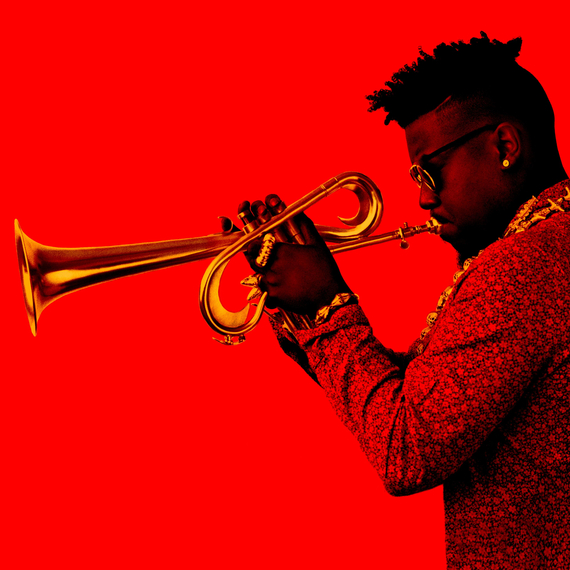Los organizadores del Panama Jazz Festival, que tendrá lugar del 11 al 16 de enero próximo , lamentaron hoy la muerte esta semana del trompetista panameño Reggie Boyce, que actuaría en el evento musical, y anunciaron que será homenajeado.
Boyce tenía programado tocar en el Panama Jazz Festival, y por tal motivo el concierto del 12 de enero en el Ateneo de
El Panama Jazz Festival (PJF) lamentó "la muerte de este gran músico panameño que ayudó a mantener la
EL PJF dedicará en enero próximo su décimo tercera versión al pianista Randy Weston, de familia panameña, y quien divulgó la tradición africana del jazz en todo el mundo por más de 60 años.
La
Con más de 4 millones de dólares en becas anunciadas, el festival es apoyado por leyendas del jazz como Herbie Hancock y Wayne Shorter.
Fundado en 2003 por el pianista panameño Danilo Pérez, el evento ha atraído a más de 12.000 estudiantes de todo Panamá y el mundo a sus eventos educativos.
El festival se realiza a beneficio de Fundación Danilo Pérez, que trabaja durante todo el año ofreciendo oportunidades de cambio social a través de la música.
Este año, además de Randy Weston, el Panamá Jazz Festival que tendrá como sedes la Ciudad del Saber, el Centro de Convenciones Atlapa y el Casco Antiguo de la capital, tiene entre sus invitados a los cantantes puertorriqueños Danny Rivera y Tony Vega.
También estarán los saxofonista Rudresh Mahantappa y Dave Murray, la cantante Dominique Eade, el pianista Geri Allen, el batería Terry Lyne Carrington y el trompetista Dave Douglas, entre otros, todos músicos estadounidenses.
Además participarán el Kevin Harris Trío de Estados Unidos; el Tal Gamlieli Trío de Jerusalén; la agrupación Retro Jazz de República Dominicana; y el Cuarteto de John & Tom Patitucci; la cantante Sissy Castrogiovanni (Sicilia).
Entre los nacionales estarán Joshue Ashby y C3, Reggie Johnson, Lucy and The Soul Brokers, Ensamble Juvenil Fundación Danilo Pérez y Grupo Congo Generacion Costeña.
Junto a las ejecuciones musicales, la Ciudad Del Saber, que otrora fue una base militar estadounidense, se convierte durante el festival en sede de eventos educativos y conciertos vespertinos.
También en el Casco Antiguo se darán conciertos nocturnos y Jam Sessions en el Danilos Jazz Club.
Las instituciones educativas que han confirmado su participación incluyen el Berklee Global Jazz Institute del Berklee College of Music, el New England Conservatory y la Wayne State University.
Fuente: http://www.panamaamerica.com.pa/ey/festival-de-jazz-de-panama-homenajeara-fallecido-trompetista-reggie-boyce-1004168
